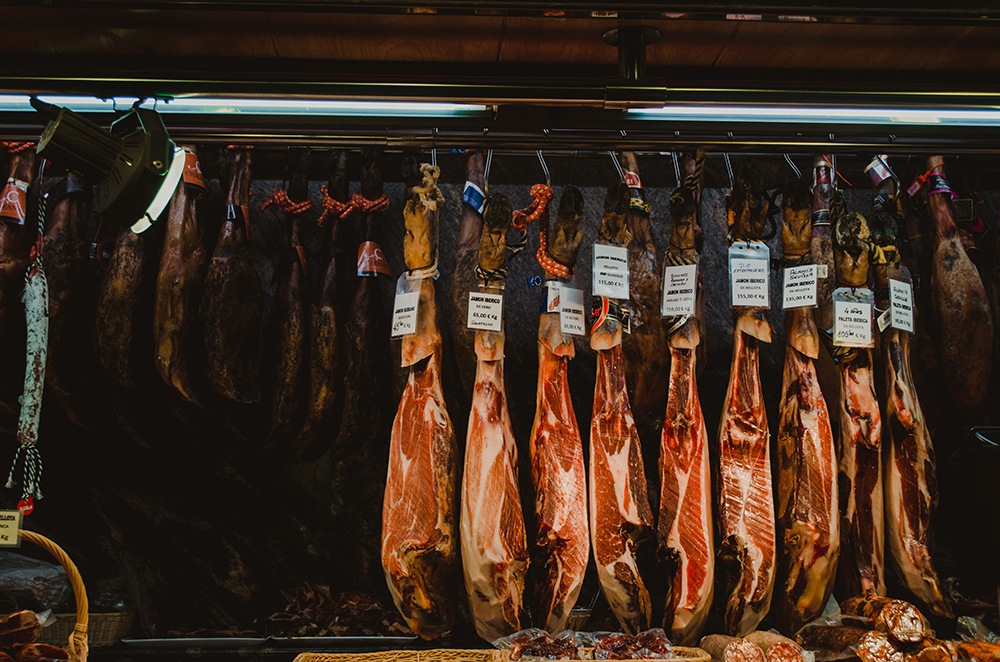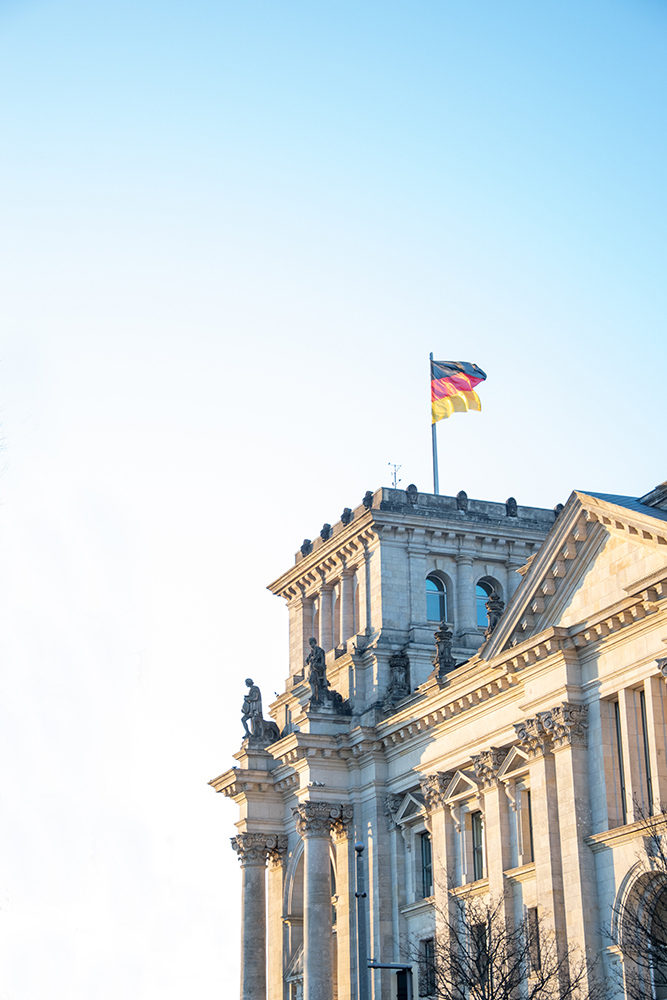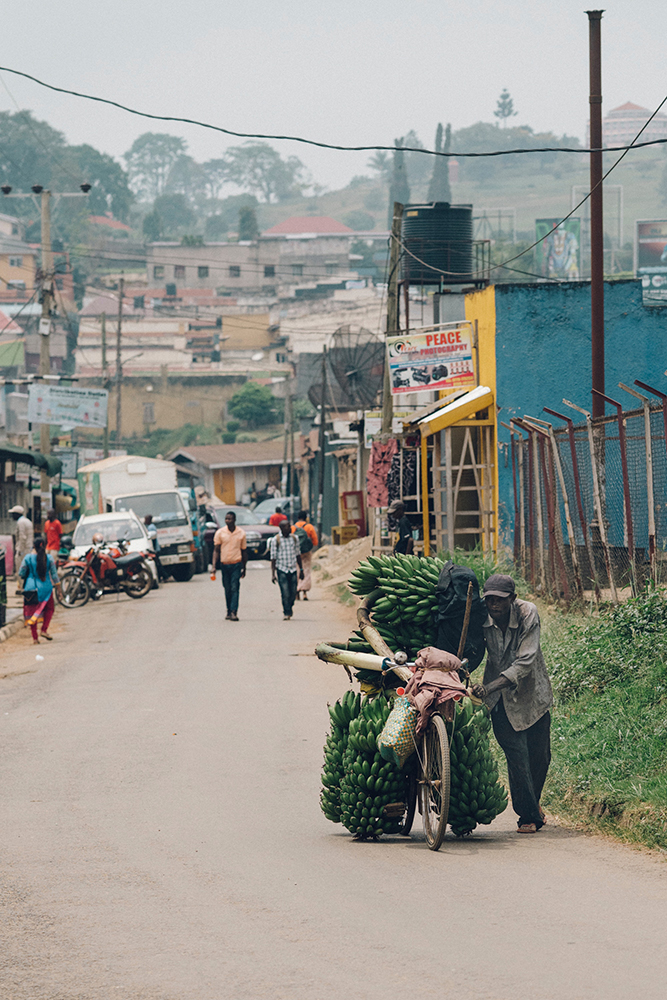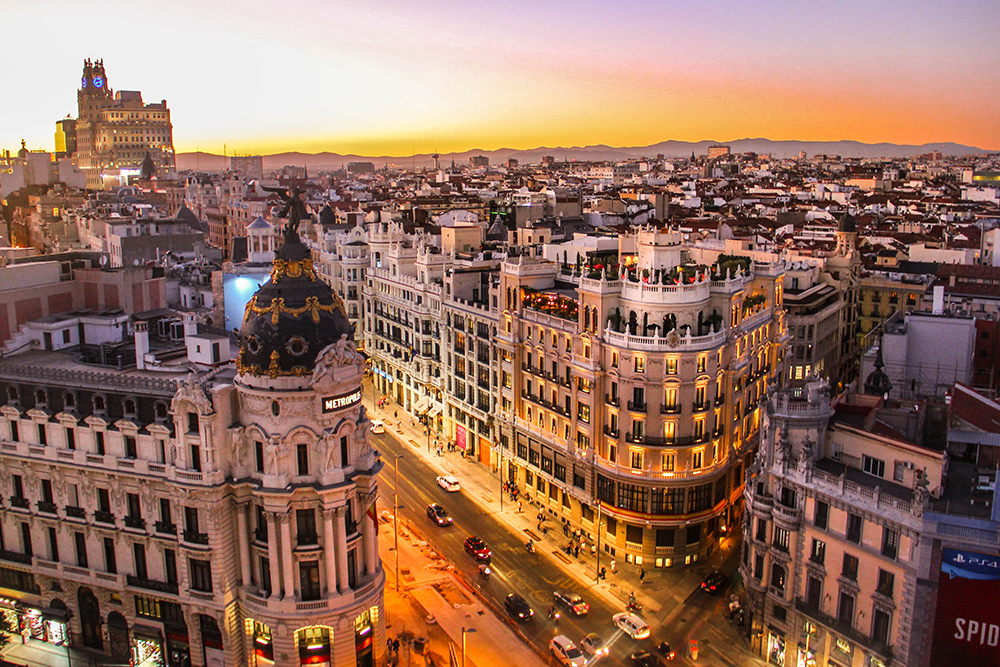The governor for central Greece, Fanis Spanos, said the situation in the north of the island had been “very difficult” for nearly a week.
“The fronts are huge, the area of burned land is huge,” he told Skai TV. More than 2,500 people have been accommodated in hotels and other shelters, he said.
Greece has deployed the army to help battle the fires and several countries including France, Egypt, Switzerland and Spain have also sent help including firefighting aircraft.
More than 570 firefighters are battling the blaze in Evia, where two active fronts were burning in the north and south of the island.
In the village of Psaropouli, evacuated residents said they were angry.
“I lost my home … nothing will be the same the next day,” one woman who gave her name as Vasilikia said.
“It’s a disaster. It’s huge. Our villages are destroyed, there is nothing left from our homes, our properties, nothing, nothing,” she said.
Greece’s deputy civil protection minister, Nikos Hardalias, said emergency crews were undertaking “superhuman efforts” against multiple fronts.
“The night ahead will be difficult,” he said during an emergency briefing late on Sunday. Earlier, he said water-bombing aircraft in the region faced several hurdles including low visibility caused by the thick plumes of smoke rising over the mountains and turbulence.
A fire in the foothills of Mount Parnitha that swept through suburbs north of Athens had been contained but weather conditions meant there was still a high threat it could flare up again.







